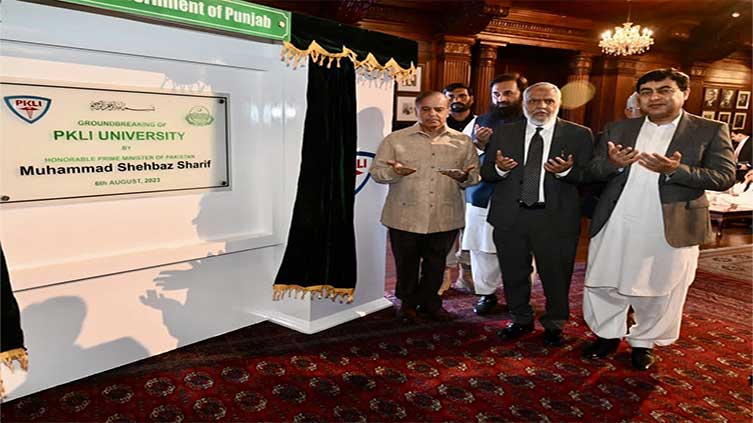The Pakistani government has declared the commencement of the Prime Minister’s Hepatitis C Eradication Program this month, considering that more than 16% of the world’s hepatitis cases are situated there.
On Tuesday, the Prime Minister’s coordinator Dr. Malik Mukhtar Ahmed Bharath expressed concern over the growing number of hepatitis patients in the country. Out of the 60 million people suffering from hepatitis worldwide, 10 million are in Pakistan.
“I have good news for them; they will receive treatment under the Prime Minister’s Hepatitis C Elimination Program, with a PC-I of Rs68 billion approved for it,” he announced.
According to Dr. Bharath, the federal government and all four provinces would work together on the scheme. Every adult over the age of 12 will be screened as part of the effort, and those who are diagnosed will receive free treatment.
“The program will assist the people of Gilgit-Baltistan and Azad Jammu & Kashmir. He went on, “The National Task Force for the Eradication of Hepatitis C would be chaired by the Prime Minister.
Dr. Bharath emphasized that a project management unit would be established for the program’s implementation, and a policy to control non-communicable and communicable diseases in Pakistan is being devised. He highlighted the government’s commitment to prioritizing the health sector and introducing reforms.
The Pakistan Institute of Medical Sciences (PIMS) consultant hepatologist and gastroenterologist Dr. Hyder Abbasi commended the program for providing free screening. He clarified that when treated with supportive care, hepatitis A and E usually result in acute hepatitis, which manifests as fever, body pains, vomiting, and jaundice and normally goes away in four to six weeks. Rarely, though, complications can call for critical treatment.
Nine out of ten infected persons are unaware that they have hepatitis B and C, thus Dr. Abbasi recommended people get checked. He emphasized the hepatitis B vaccination’s efficacy by drawing comparisons between it and the COVID-19 vaccine in terms of lowering the incidence of infection.

He recommended against getting tattoos, getting unneeded injections and drips, and getting dental and surgical work done at reputable hospitals that follow strict sanitation protocols. In addition, he suggested that blood transfusions be properly screened and that barbershops use fresh blades.



